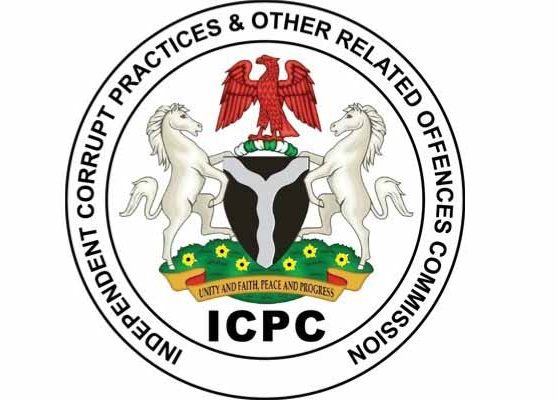The Independent Corrupt Practices And Other Related Offences Commission has explained that it uses plea bargaining in resolving most of its corruption cases because it was determined to make those involved in corrupt practices poor again.
The Commission’s Spokesperson, Demola Bakare, said this at a media briefing with select journalists in Ikeja, Lagos State.
The explanation came on the heels of a good number of Nigerians speaking against the deployment of plea bargaining in resolving cases where whooping sums of money were stolen.
Nigerians have often seen it as a slap on the wrist for convicted embezzlers of the nation’s wealth.

Addressing the journalists, Bakare said: “There’s nothing we do in ICPC that doesn’t have a reason and we must have brainstormed on it.
“Our philosophy concerning plea bargain is to make the thieves poor again!”
Bakare said he took time to explain the issue because he wanted the journalists to report on ICPC from a place of deep understanding and knowledge.
Also Read:
- Ogun warns against buying of government land from grabbers
- Family cautions against unauthorised statements on Nnamdi Kanu
- Bauchi-based cleric dies, President Tinubu mourns
- Tinubu appoints new MD for Bank of Agriculture
- FG reopens Independence Bridge in Lagos, assures permanent fix soon
He also used the opportunity to explain why there are not many court convictions in ICPC, stressing that they were facing powerful and influential Nigerians, who are always pulling strings from behind for someone arrested for corrupt practices.
His words: “It’s not easy!
“Corruption is not just behavioural, but also a socioeconomic problem.
“The first challenge begins when someone is appointed to a position in civil service.
“Immediately he is appointed, demands and pressure mount and come from family members and friends.
“The person also faces another challenge in his place of work, where some people want him to be corrupt and so they blackmail him, to make him dance to their tune.
“There’s also the problem with the culture of giving ‘returns’ in the system.
“Someone made sure that this person was appointed to that position, the person who facilitated the appointment will want to be collecting ‘returns’ from the aforementioned civil servant.
“When the civil servant is arrested for corrupt practices, the person who facilitated his employment is naturally an influential Nigerian, he would pull all strings to ensure that justice will not be done.”
Bakare said that it was because of this that cases are dragging in court.
He said it was due to such influential personalities that the ICPC resolved to go the way of plea bargaining, adding that it was recovery of assets first before prosecution.
The image manager said that he was going to work with the media to ensure Nigerians get a picture of what the ICPC is doing and the types of projects it was tracking.
He stated that he would not hoard information and would be honest with whatever information he gives out as long as it was not prejudicial.
Bakare added: “ICPC is committed to erring on the side of the law.
“We should look at ways of writing to show what was stolen, what the stolen money can be used to achieve, what the money can do.”


